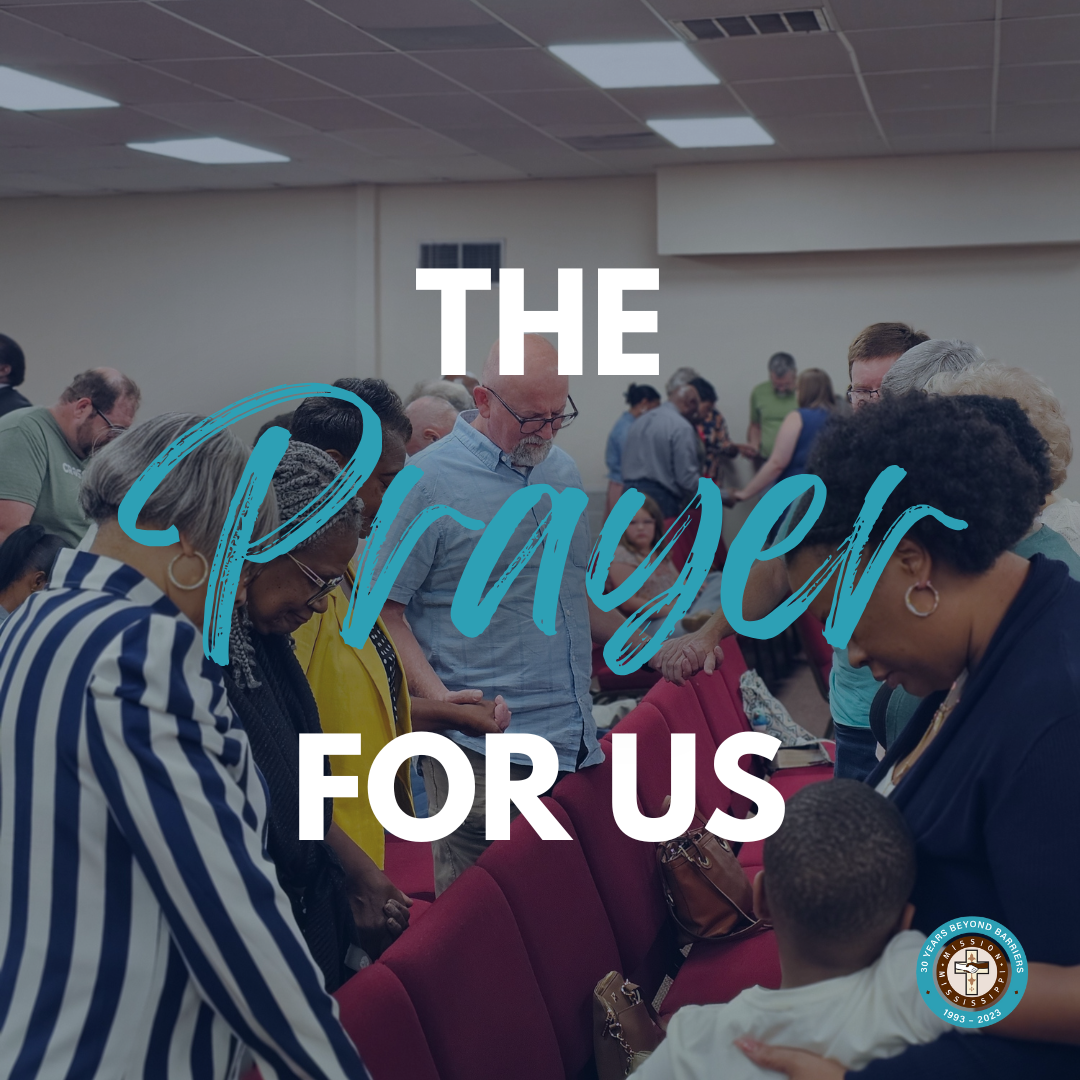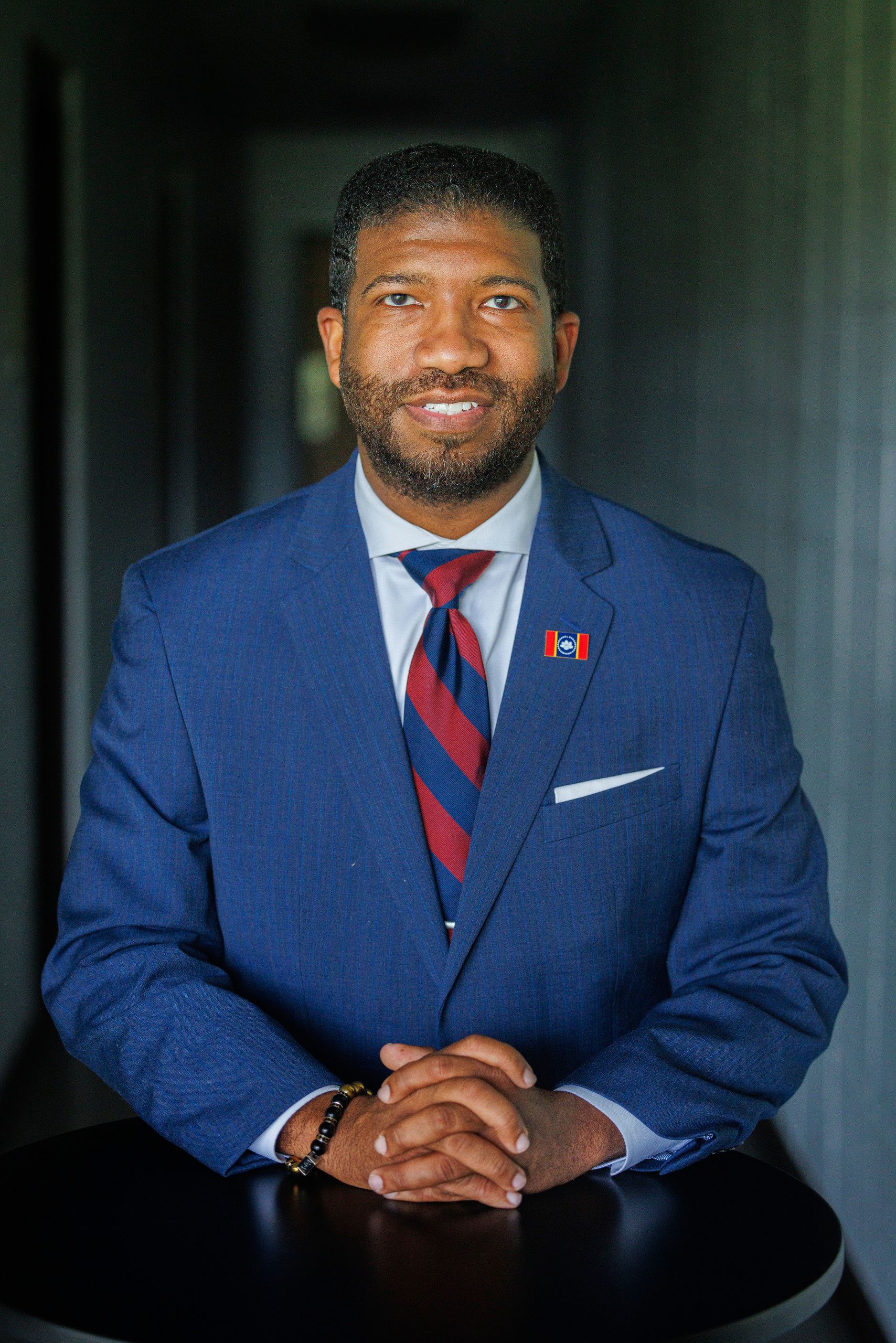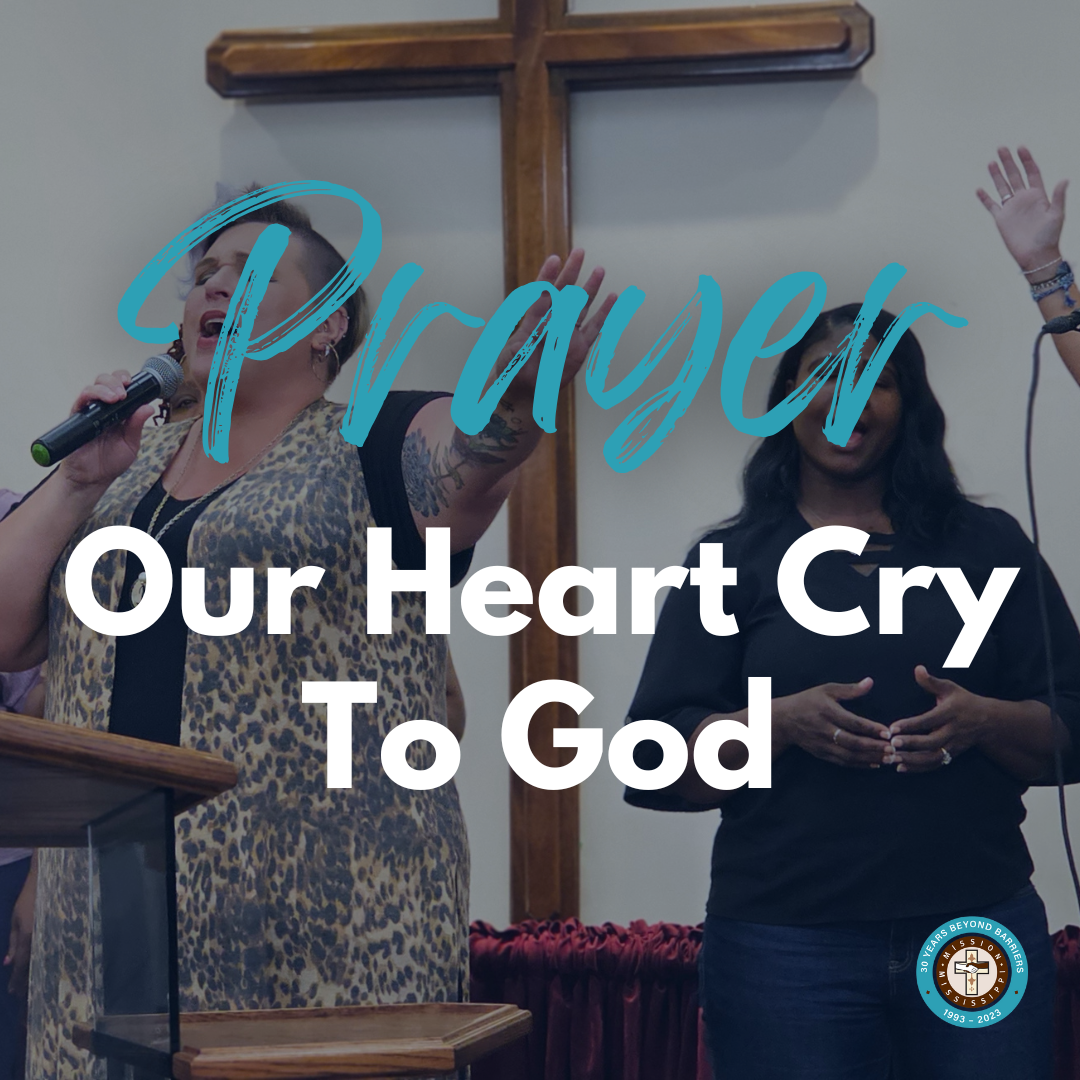The Prayer for Us

In August 2022, Pew Research published a survey that put numbers to something many of us have felt in our bones: deep, growing division. According to the report, most Democrats and Republicans not only disagreed with each other—they actively disliked one another. Even more, they saw those across the aisle as immoral, dishonest, and unintelligent.
By 2022, 63% of Democrats viewed Republicans as immoral—up from 35% in 2016. Among Republicans, that number hit 72%.
It’s a bleak snapshot of where we are.
However, this moment is not just a crisis. It’s an opportunity. A divine opportunity.
Because in the middle of all this mess, Jesus is still praying.
Why I'm Here
I need you to know something. John 17 is not just a passage to me, it’s a calling. Over 15 years ago, I was preaching through the Gospel of John, and when I hit chapter 17, something happened to me.
I couldn’t shake it.
Jesus’ words in that high priestly prayer disrupted my status quo. They caused what one pastor once called a “holy discontent”—an ache I couldn’t ignore. And I had to ask myself a sobering question:
If Jesus is praying for oneness, then why am I not eagerly and consistently pursuing it?
That one question became a fire in my bones. And it hasn’t gone out since. It’s why I planted a multiethnic church in Vicksburg, Mississippi. It’s why I walked away from the security of a federal job and joined Mission Mississippi two years ago in 2023. It’s why I keep waking up to walk this road—even when the walk feels long.
The Final Prayer
In John 17, Jesus is just hours away from betrayal and crucifixion. His disciples are about to abandon Him. Judas is already setting the trap. Peter will soon deny Him. And yet… what’s on His mind?
“I do not ask for these only, but also for those who will believe in me through their word… that they may all be one…” (John 17:20–21)
He’s praying for us.
Not for our comfort. Not for our chariots. Not for bigger barns or better buildings.
He’s praying for our oneness.
Think about that. With all He could have prayed in His final hours—He prays that we would be one.
Unity's Foundation
Our oneness isn’t built on cultural affinity, political agreement, or even personal chemistry. It’s built on something stronger: the Word.
“For those who will believe in me through their word...” (v. 20)
That word is the Gospel, the greatest bind in the universe. More binding than our race. More binding than our ideologies. More binding than our hometowns, schools, or social clubs. If we are in Christ, then we are in this together.
And if we’re not pursuing unity, then we must ask: are we truly anchored in the Gospel?
Unity’s Purpose
“...so that the world may believe you have sent me.” (v. 21)
This isn’t just about harmony in the pews. This is about the credibility of our witness to the world.
Jesus doesn’t say, “they’ll know me by your preaching” or “by your Facebook or Instagram posts.” He says they’ll know Him by our oneness.
When we’re divided, we don’t just send mixed messages. We send the wrong message altogether. If oneness is one of the primary ways that the world sees Jesus has come, then our division unintentionally screams falsely and loudly that He hasn’t.
Unity’s Appearance
Jesus didn’t pray for vague, feel-good unity. He prayed for something bold: that we would be one as He and the Father are one.
That kind of unity shows up in at least three ways:
- Unity in Message – Jesus said, “I speak only what the Father tells me.” (John 12:49) So should we. And what binds us isn’t our hottest takes, it’s the Gospel.
- Unity in Purpose – Jesus was on mission. So are we. When we align with His mission to redeem and reconcile, unity becomes possible, even natural.
- Unity in Diversity – The Trinity is not uniform. The Father, Son, and Spirit are distinct, yet gloriously united. That’s a model for the church: different tribes, tongues, and traditions singing one song.
Let’s be clear: unity is not sameness. It’s not about erasing our uniqueness. It’s about bringing our distinctiveness under the Lordship of Christ.
Unity’s Fuel
“The glory that you have given me I have given to them, that they may be one…” (John 17: 22)
Jesus doesn’t just tell us to be one. He gives us the power to be one.
The concept of Glory takes on many different forms throughout the Scriptures. We see it when Moses cries, “Show me your glory!” (Exodus 33:18-19) as the manifested presence and goodness of God. We see it at the wedding in Cana, where Jesus turns water into wine as the raw creative power of God to make something from nothing. However, in the life of Jesus, we see glory most clearly in His death and resurrection. It is the moment when Jesus lays down His life in love leading to resurrection that is the moment He is most GLORIFIED!
So, what fuels our unity?
It’s the daily, Spirit-empowered decision to lay down our rights, our opinions, our comforts—for the sake of another. The Glory Christ has given us is the power to produce life from our lives of sacrifice.
The Glory Christ has given us is the power to lay down our lives even when we don’t feel like it because the Lord has empowered us to do it.
That’s what glory looks like. That’s what oneness demands.
Three Practical Exchanges for a Divided World
So, what does this mean for us, practically?
Let me offer three exchanges we need to make if we want to live out Jesus’ prayer:
1. Exchange the Internet for Dinner Tables
We’re spending hours listening to people we’ll never meet while neglecting the people right next to us. Want deeper unity? Sit down. Break bread. Have real conversations with real people.
2. Exchange Partisanship for Friendships
We’re being conditioned to “otherize” people who think differently than us. But proximity changes perception. Befriend someone across the aisle—and listen. It might just change everything.
3. Exchange Binaries for Image Bearers
The world keeps pushing us into neat little boxes: red or blue, black or white, urban or rural. But the Gospel calls us to see people as God sees them—not as categories, but as image bearers.
Jesus Prayed It - So Let's Pursue It
Some days, this pursuit feels long.
Years ago, my wife and I were on a business trip in Las Vegas (I know everyone calls trips to Vegas business trips, but seriously it was). We decided to walk to dinner one evening and stepping outside of our hotel onto the Vegas Strip, we could see, among the colossal buildings, our destination for dinner! So, we began walking towards it, but no matter how long we walked it felt like we were making no ground on the journey. The closer we got, the further it looked. The journey of unity and reconciliation often feels like that walk down the Las Vegas Strip on a dry and humid evening. You deal with division in your church, exhaustion in your efforts, frustration in the journey—and you wonder, “Are we even getting closer?”
But here’s the hope I carry in my soul:
If Jesus prayed for it, I know we’ll see it.
There is not a single prayer Jesus ever prayed that the Father did not answer. So, if Jesus prayed for oneness, we can pursue it with confidence. It will happen. COMPLETELY and FULLY!
Maybe not fully in our lifetime. But if we keep walking—if we keep laying down our lives, loving one another, sacrificing, forgiving, and returning to the Gospel again and again—we will see glimpses. And those glimpses will contribute towards the completed picture testifying to the world: Jesus has come.
So, let’s keep walking, let’s keep pursuing. Not because the road is easy—but because the vision is clear. Jesus prayed for it. And if He did, then we can trust by God’s grace, we’re going to get there.



